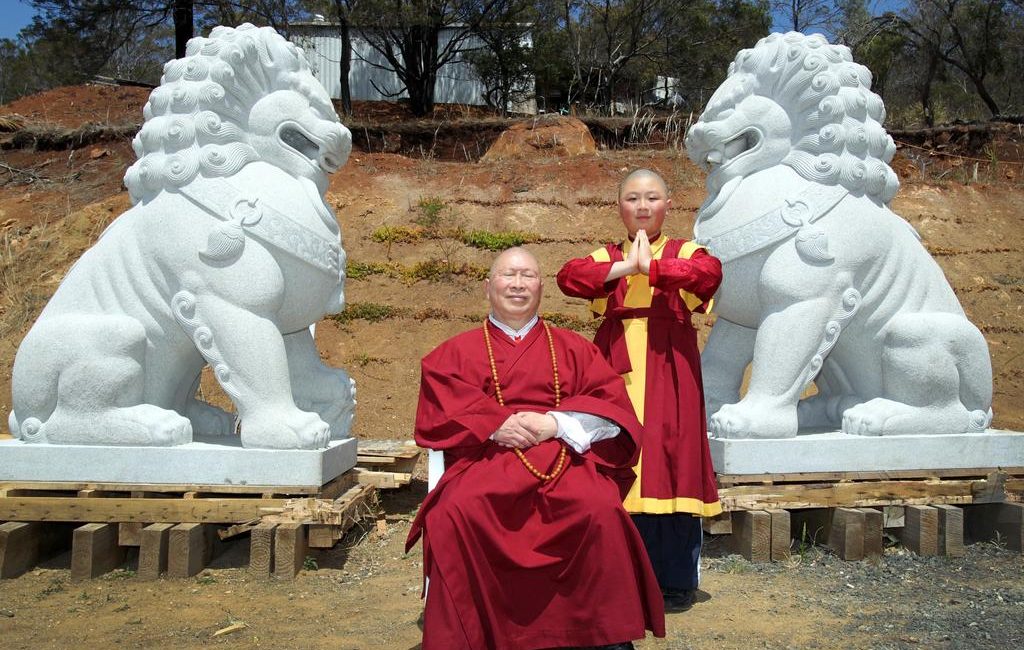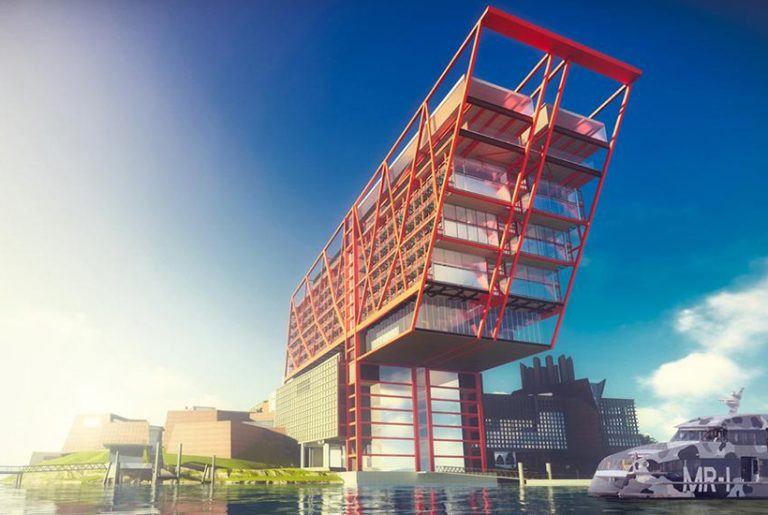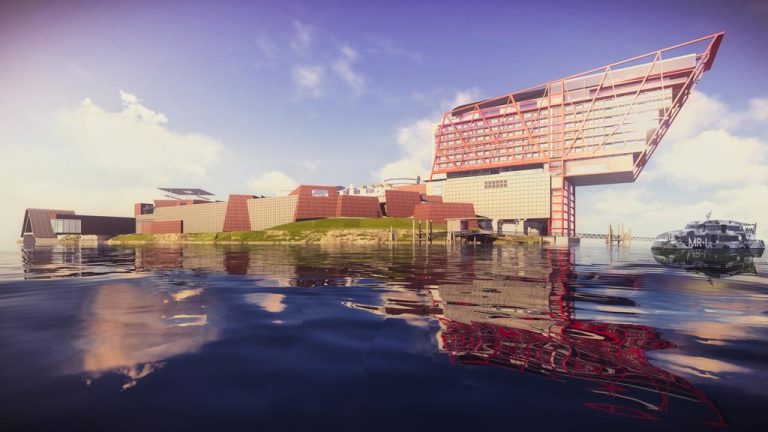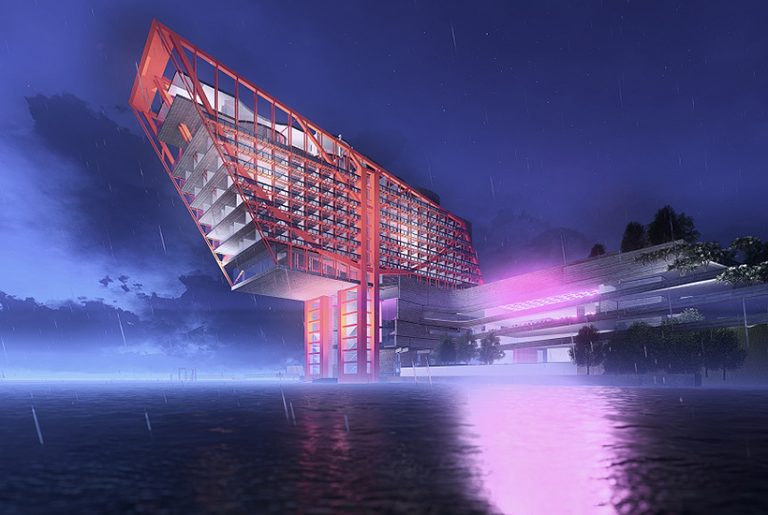Public behind Tasmanian Chinese Buddhist Cultural Park

Public submissions on a proposed Chinese development in rural Tasmania are overwhelmingly positive as the project heads to the Tasmanian Planning Commission for hearing.
The Southern Midlands Council has initiated the process to amend its planning scheme to rezone 106ha of land in Campania from rural resource to a particular purpose zone for the Tasmanian Chinese Buddhist Cultural Park.
First proposed in 2007, Holy Tantra Jin-Gang-Dhyana leader Master Xin De Wang previously said the cultural park could cost up to $1 billion when complete over many decades.
Commercial Insights: Subscribe to receive the latest news and updates
In 2016, the first structures erected at the site were four 7m-tall heavenly kings and two 4m lion statues, weighing about 19 tonnes each.
The latest planning report prepared by GHD for Holy Tantra, who have owned the land for 20 years, says the project will potentially take place in stages over a significant number of years depending on how quickly funding is secured for each stage.
It would be open to the public most days of the year and would host a range of religious, educational and cultural events.
It would include features such as temples, exhibition halls, accommodation, food services and function centre.
An economic impact assessment by SGS Economics and Planning found the first phase of the development would support almost 300 full-time equivalent jobs and inject $43 million into the region.

A public display of the model of the Tasmania Chinese Buddhist Cultural Park entry gates at the Campania Hall in 2013.
Unquantified social and cultural benefits such as increased diversity in the state’s education sector and enhancing Tasmania’s international exposure were also cited.
The Tasmanian Planning Commission will hold a hearing on April 1 and 2 into the draft planning scheme amendment.
As part of that process, 99 public representations were received, of which only two were not in support of the project.
Representations supporting the project were received from Labor leader Rebecca White, Clark independent MHR Andrew Wilkie and Speaker of the House Sue Hickey, who said the park would attract worldwide interest and visitation.
Then Huon Valley Council Commissioner Adriana Taylor says the development will be a drawcard on a similar level to Mona.
“The extra benefit in this development is that it will be a regional, rather than a Hobart-centric project,” she wrote.
The two representors against the development were property neighbour Craig Williams and Planning Matters Alliance Tasmania co-ordinator Sophie Underwood, who raised concerns about the loss of prime agricultural land, noise and impacts on Mr Williams’ gravel quarry activity.
“Converting agricultural land to a cultural park may have implications for long-term food security, especially in a changing climate where we could see a shrinking of arable landacross Australia,” Underwood wrote.
This article from The Mercury originally appeared as “Strong show of support for Tasmanian Chinese Buddhist Cultural Park ahead of Planning Commission hearing”.







